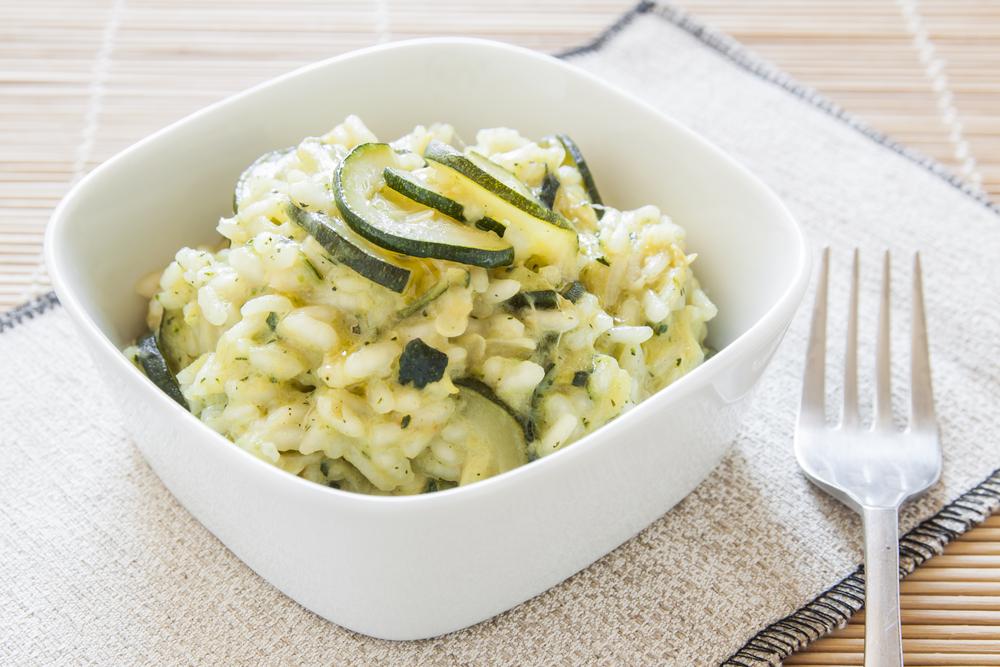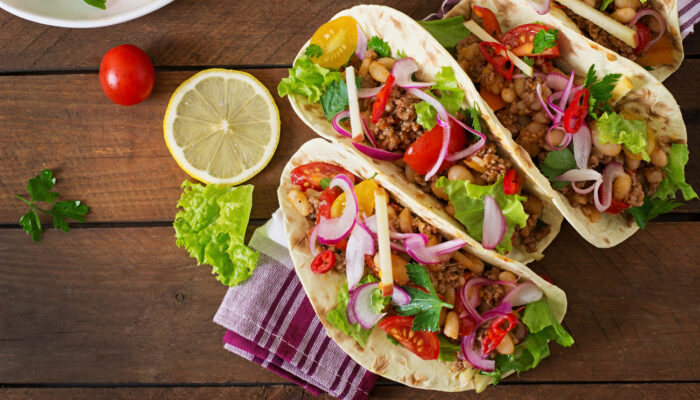
Top Foods on the Mediterranean Diet List
Countries like Italy and Greece are famous for their delicious and healthy recipes. The eating habits of the people living in these countries as well as in the whole Mediterranean region have been well documented over the last few decades. Studies have established that the Mediterranean diet is undeniably one of the healthiest diet plans as it comprises a host of food items that promote overall health and help prevent troubling medical conditions like diabetes, heart disease, high blood pressure, and others.
Here’s a list of foods that you should include in your Mediterranean diet to reduce the risk of developing cardiovascular diseases and improve the overall quality of life:
1. Vegetables
The plant-based approach of the Mediterranean diet enables it to work wonders for overall health. The diet plan involves the consumption of a variety of vegetables rich in key nutrients like vitamins, minerals, and protein. While on this diet, you can have red, orange, yellow, white, and green vegetables regularly to support your physical and mental health. Some vegetables that you can have are bell peppers, broccoli, eggplant, carrots, green beans, spinach, lettuce, and kale.
2. Fruits
Fruits form a significant part of ideal Mediterranean diets. Fill up your bowl with nutrient-rich apples, bananas, grapes, oranges, pomegranates, avocados, and other seasonal fruits. These fruits contain antioxidants and are packed with nutrition, which enables them to promote health and reduce the risk of diseases. Instead of drinking fruit juices, the Mediterranean diet plan emphasizes the consumption of whole fruits for the best results.
3. Seafood
Traditionally, people living in the Mediterranean region consume an array of seafood like crab, salmon, mackerel, sardines, clams, and mussels. Replete with omega-3 fatty acids, the mentioned seafood is known to boost brain health and prevent cognitive decline. Some of the most popular Mediterranean cuisines are made with seafood, and you can make them a part of your daily diet to reap the benefits.
4. Nuts and seeds
A majority of Mediterranean recipes include nuts and seeds. These are powerhouses of dietary fibers and help you meet your daily nutrition requirements without increasing your calorie intake. Add nuts and seeds like walnuts, pine nuts, almonds, and pistachios to your recipes to boost health and ensure proper functionality of the digestive system and keep associated problems at bay.
5. Herbs and spices
Herbs and spices have a plethora of health benefits and are widely used for seasoning in the Mediterranean region. Herbs and spices like saffron, parsley, basil, thyme, rosemary, oregano, cilantro, and sage are replete with health-boosting micronutrients. Using them for seasoning recipes is a great way to enhance the flavor of a dish. Also, their innumerable health benefits will help support your digestive health and keep blood sugar levels in control.
You can try different Mediterranean recipes with the mentioned food items, create a solid diet plan, and follow it regularly for achieving the desired results.



